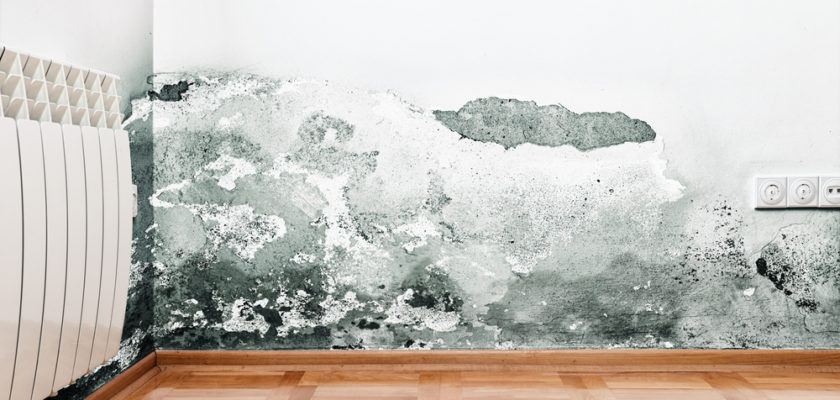With more than 600,000 people in Ireland living in poor housing conditions with leaks, damp or rot, Engineers Ireland published 100 recommended actions to future-proof Ireland’s built environment and meet environmental, social and economic goals in their Engineering Report.
Engineers Ireland ‘State of Ireland 2019 – A Review of Infrastructure in Ireland’ report finds:
- 52% of engineers believe Ireland’s infrastructure is not in good condition and lacks capacity for future development
- Engineers Ireland gives Irish housing a ‘D’ grade, denoting serious concern and requiring immediate action
- More than 600,000 people in Ireland live in poor housing conditions with leaks, damp or rot
- In the longer term almost 2 million housing units will require retrofitting and a clear roadmap, including financing and skills, should be put in place
- Coordinated public investment in infrastructure needed to support new housing delivery
- Modern methods of construction have the potential to increase housing output
- Building control ‘opt out’ for one-off houses should be scrapped
- Shortage of engineers and other construction professionals is risking critical project delivery
Recommendations
The recommended actions across housing, energy, transport, communications, water/wastewater, waste and flood risk, were published as part of the membership body’s ‘The State of Ireland 2019: A review of housing and infrastructure in Ireland’ report.
The report found that 52% of professional engineers surveyed believe Ireland’s overall infrastructure is not in good condition and does not have capacity for future development. This year’s report, for the first time, focused on Ireland’s housing sector which was allocated a ‘D’ grade – highlighting the engineering expert view that the capacity, condition and connectivity of Irish housing is of serious concern and requires immediate action.
Response
Speaking at the launch of the report, Director General of Engineers Ireland, Caroline Spillane said: “We, like many others, are seriously concerned about Ireland’s housing. Immediate actions are needed to overcome challenges in the capacity, condition and connectivity of our housing stock. Climate action and housing action must be intertwined if we are to meet our environmental, social and economic goals as a country.”
“In this regard, it was extremely positive to see the Government’s strong focus on retrofitting Ireland’s existing housing stock and commitment to upgrade 500,000 homes by 2030 in its Climate Action Plan last week,” Ms. Spillane added, “however, to achieve this target, we need much more clarity and a roadmap, including financing and skills development. We must also acknowledge that in the longer term, almost 2 million housing units in Ireland need to be retrofitted to achieve the energy performance levels required.”
Other Issues
The report also highlighted that a current constraint to delivering housing is in many cases the unavailability of public infrastructure, such as transportation, water and wastewater, telecommunications and energy. The report calls for increased funding and coordination of the planning and delivery of public infrastructure to improve stability of supply and affordability of new homes. The engineers also highlight the potential for modern methods of construction, such as off-site construction, to increase housing output.
The report’s findings are based on the deliberations of an expert advisory group of engineers and related housing professionals, including CEOs of State bodies and Local Authorities, consulting engineers, home builders, academics and a survey of over 1,700 engineers across Ireland.
Read more findings online here.

